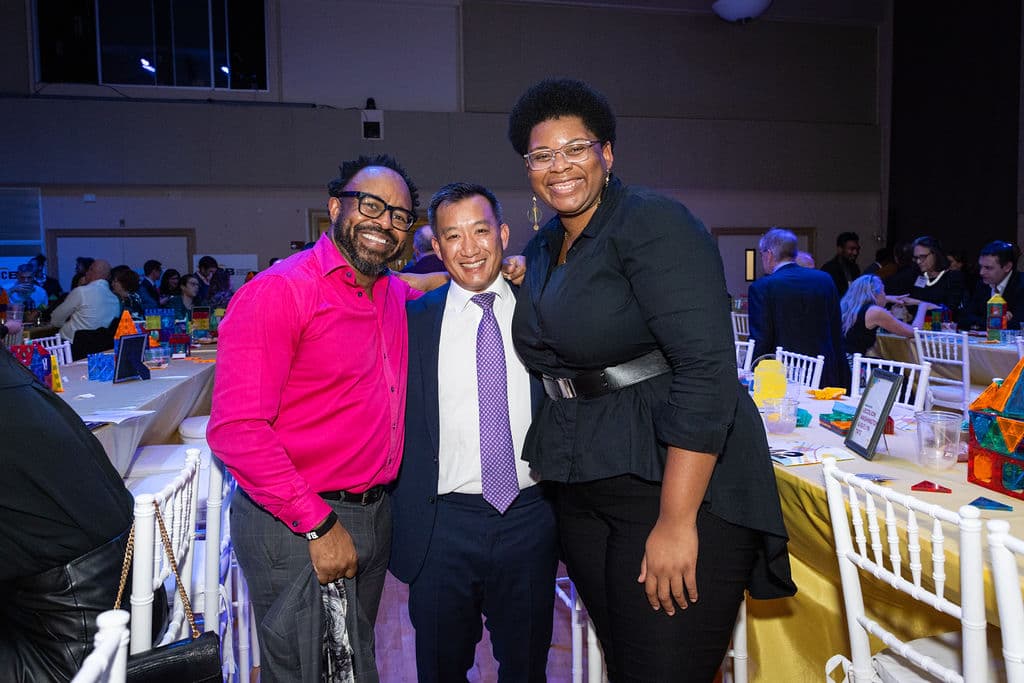Issue written by Dr. Thomas Wolf and guest writer Duncan Webb, along with interviews of Eun Lee (Artistic Director and Executive Director of The Dream Unfinished), Lecolion Washington (Executive Director of The Community Music Center of Boston)
Introduction by Dr. Thomas Wolf
We live in a time of great change. Every day brings fresh shocks to those of us who work in the nonprofit and public sectors. As we think about tax-exempt nonprofit organizations that are responsible for much of the good work of our society, how are they adapting, especially with respect to their governance structures?
First, some background. The government’s special recognition of nonprofit organizations is enshrined in more than a century of legislation and tradition. At the federal level, the Tariff Act of 1894 first provided tax breaks to charities. The structure we know today was codified in 1954 when the 501(c)(3) status provision was enacted as part of the US Internal Revenue Code. It granted federal tax-exemption to non-profit organizations that met certain requirements and conditions. Today, the great majority of such organizations are corporations chartered at the state level and granted special additional status and privileges at the federal level. And in each case, the board plays a central role in assuming the preeminent legal and fiduciary responsibility for the mission, finances, and operation of the organization (even if some operational functions are delegated to staff, assuming appropriate oversight). While that structure remains in place, it is important to consider the ways it has manifested itself to meet contemporary challenges. Do boards behave as they always have? Are they formed in ways that are familiar? Do they have mechanisms for dealing with new needs and conditions?
To answer these questions, we asked three people with direct knowledge of nonprofit governance to share their experiences. Each comes to the topic with a different lens:
- Eun Lee has recently been involved in creating a new nonprofit organization—The Dream Unfinished—and her views on forming a board and helping it adapt are particularly illuminating.
- By way of contrast, Lecolion Washington leads a legacy arts organization that is more than a hundred years old—the Community Music Center of Boston. Yet it is an organization undergoing significant changes. He describes how these governance changes provide insight into an important evolutionary process.
- Duncan Webb, founder of Webb Mgmt and a consultant with decades of experience, teaches about boards and governance at the university level. He shares with us what he believes is essential for young people to know and understand about boards in 2025.
To conclude, I add what I believe can be a useful working job description for a board member today.

In This Issue

Creating a Board for a New Organization
An interview with Eun Lee, Artistic Director and Executive Director of The Dream Unfinished
by Dr. Thomas Wolf
Eun Lee shares her experiences in building a nonprofit organization from the ground up. In this interview, she offers valuable insights into forming a board that not only reflects the mission but also adapts to the evolving needs of an activist orchestra.
Performances of The Dream Unfinished include ensembles of various sizes and configurations. Photo by Adam Stoltman.

Changing Course: How a Board Can Help Reshape an Organization
An interview with Lecolion Washington, Executive Director of The Community Music Center of Boston
by Dr. Thomas Wolf
Lecolion Washington leads one of the nation’s oldest legacy arts organizations through a period of profound transformation. In this interview, he discusses how the board has played a pivotal role in navigating organizational change, fostering resilience, and steering the institution toward a more inclusive and dynamic future.

Building Better Boards in 2025: What Students Need to Know
by Duncan Webb
Duncan Webb, a seasoned consultant and educator in nonprofit governance, explores the evolving role of boards. Drawing on decades of experience and his teaching role at the university level, he outlines the essential knowledge young leaders need to effectively engage with boards today.

The Board Member Job Description for 2025
by Dr. Thomas Wolf
As the world rapidly changes, the role of a board member continues to evolve. Dr. Thomas Wolf offers a modern, practical job description for board members, highlighting the skills and responsibilities necessary for effective governance in 2025.


